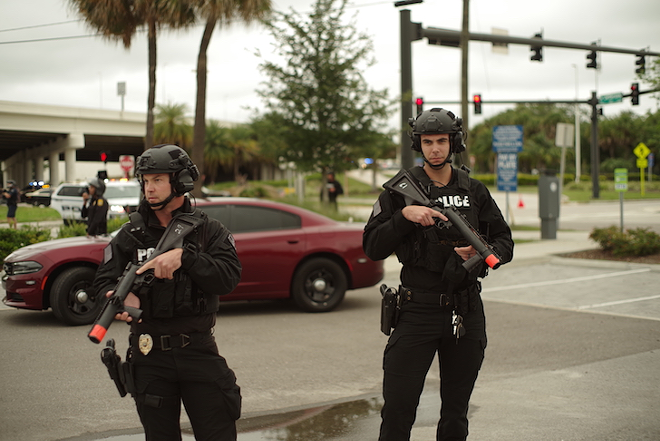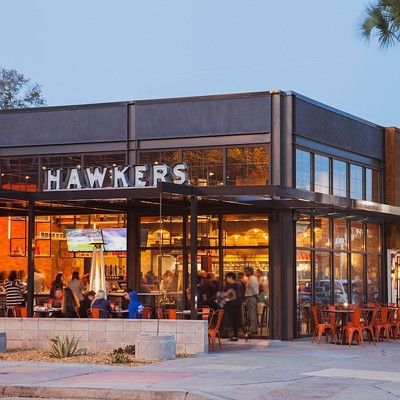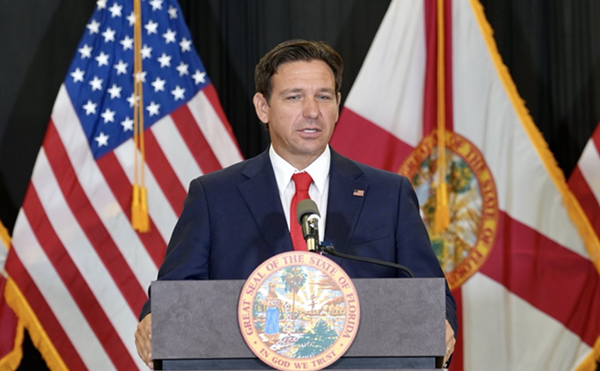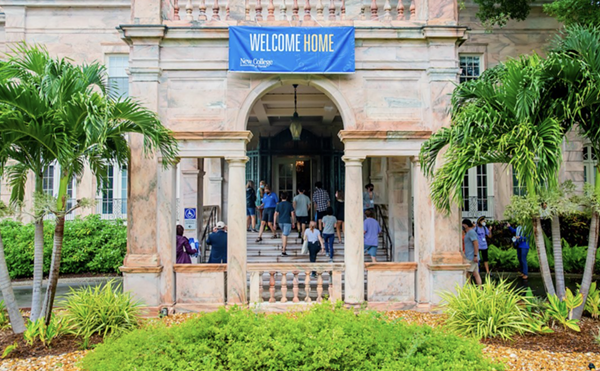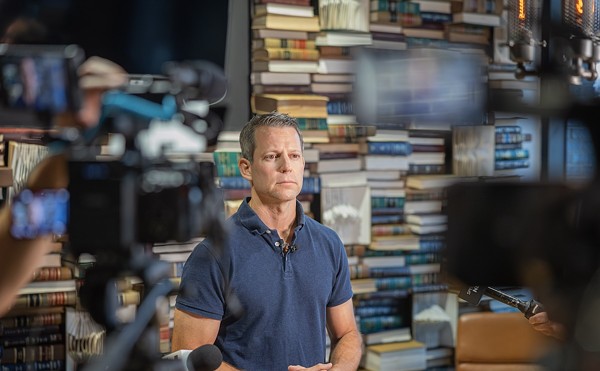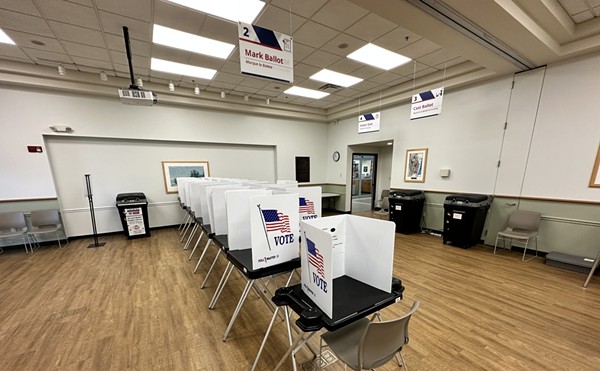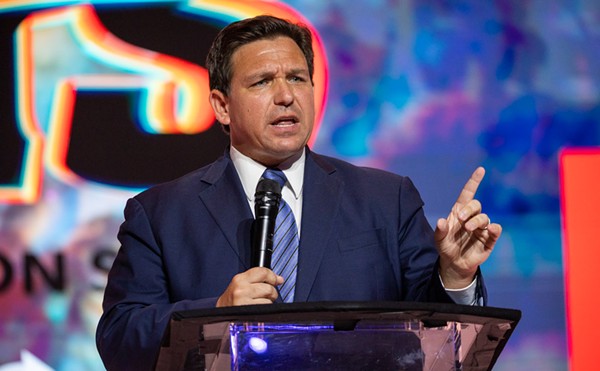Tampa Police Chief Brian Dugan doesn’t live in Tampa. He actually lives in Lutz, an unincorporated area about 15 miles north of the city he oversees. But Dugan isn’t alone.
For decades, police residency requirements have been connected to better relationships between officers and the neighborhoods they serve. But like many U.S. cities, Tampa doesn’t require officers to reinvest in the cities that invest in them.
According to data requested by Creative Loafing Tampa Bay, just 153, or 17%, of the 920 officers with the Tampa Police Department live in the city they patrol on a daily basis. TPD wouldn’t give CL the exact addresses, arguing that they are exempt from public records, but did provide a count of zip codes. Because of this, it’s important to note that this 17% figure is probably a generous estimate, since eight zip codes straddle Tampa's boundaries.
There’s no exact reason for the fact that the vast majority of TPD doesn't live here, but the cost of living in Tampa is a good place to start.
Tampa is consistently ranked near the bottom for median household income ($54,599), as well as one of the least affordable. According to a job listing on the City of Tampa’s website, police officers can earn between $55,140 and eventually up to $89,544 a year, which is more than enough to afford rent or a mortgage within Tampa’s city proper.
But living in Tampa is expensive, so it makes sense that the further you move, the cheaper it is (you know, like Lutz).
A 2019 study from the Tampa Bay times found that the areas with the highest average household incomes are actually found in Tampa’s surrounding suburbs, which are also predominantly white. Coincidentally, TPD’s racial makeup is also predominantly white. Nearly 69% of Tampa police officers are white, while serving a city that's just 45% white. This is noteworthy, because according to a report from the U.S. Equal Employment Opportunity Commission, Black and Hispanic officers are far more likely to reside in the cities they police than white ones.
To its credit, Tampa has tried to incentivize city employees to buy homes within city limits. Tampa’s Community Heroes Home Ownership program and the Dare to Own The Dream program, can help officers with upwards of $20,000 for a house downpayment.
But Tampa’s issue is hardly a new one. Back in the 1970s, a few American cities reinstated residency requirements for local police officers, but eventually recruitment rates dropped and police unions argued the rules violated the protection clause of the 14th Amendment. Now, only 15 of America’s largest police departments still have strict residency requirements for police officers.
However, Tim Stevens, the chairman and CEO of the Black Political Empowerment Project, told FiveThirtyEight that residency requirements are still an effective way of generating tax revenue and fostering a better connection between police officers and the community. “If they live in the city, they belong to a neighborhood, and they are part of the city,” he said. “They’re not just coming in from the suburbs. There’s an allegiance to the community they serve other than a paycheck.”
Tampa protesters have regularly voiced frustration about this topic, specifically that one of the requirements for Dugan’s new “Community Advisory Team” on policing is that applicants must have lived within Tampa’s city limits for at least five years, a prerequisite the chief of police cannot even fulfil.
This hypocrisy is especially glaring since Dugan seems to have massive blinders for the city he protects. Back in June, Dugan admitted during a “Fox and Friends” interview that he thought a weekly block party in one of Tampa’s largely Black and Hispanic neighborhoods was a Black Lives Matter protest.
“You know, that’s what’s difficult to tell,” said Dugan. “That’s where we’re running into problems is what’s organized, what’s a protest, what’s a block party.”
Except residents in the neighborhood registered noise complaints with TPD about those same block parties for almost a year.
Experts agree that a police force which reflects the community it serves isn’t a total panacea to the unfair policing and violence activists are making noise about. The effectiveness of policing by officers who live in the neighborhoods they patrol is also still up for debate. But after a long summer of continued violence between Tampa Police officers and Black Lives Matter protesters, perhaps residency requirements are at least worth discussing.
Support local journalism in these crazy days. Our small but mighty team is working tirelessly to bring you up to the minute news on how Coronavirus is affecting Tampa and surrounding areas. Please consider making a one time or monthly donation to help support our staff. Every little bit helps.
Subscribe to our newsletter and follow @cl_tampabay on Twitter.

